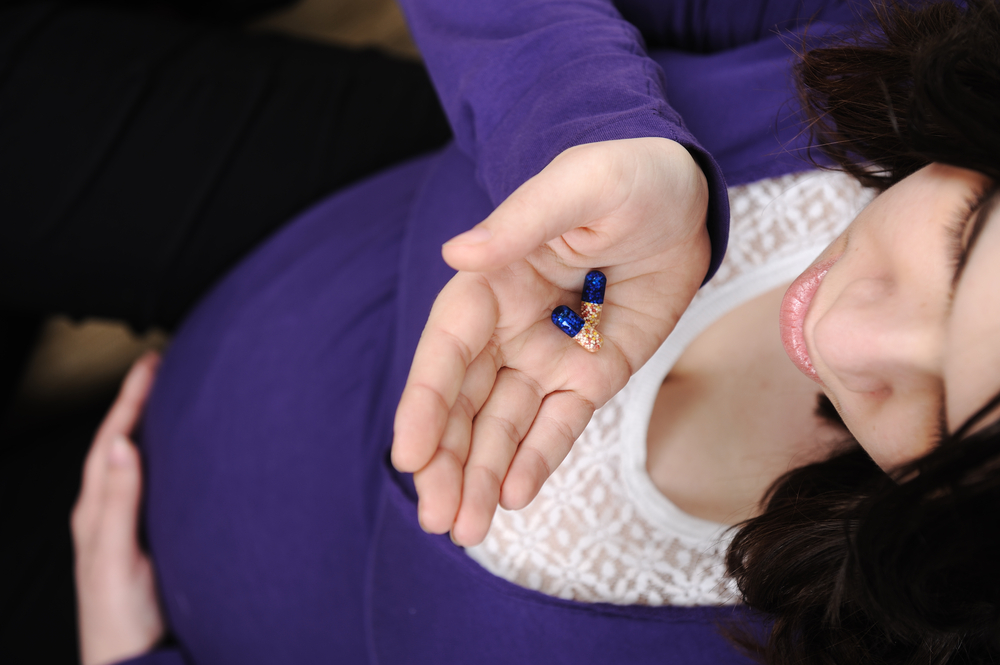
The study authors Alice Domar and Adam Urato came to a number of conclusions with the study. Urato says that “There’s a clear and concerning evidence of risk with the use of these medications by pregnant women.” Domar continues by saying that antidepressants are only as effective as cognitive behavioral therapy. They continue by saying that antidepressants are linked to miscarriage, premature birth, heart defects, and behavioral development problems.
It would be impossible to properly test their theories. That would require a study where some pregnant women would be given antidepressants such as Prozac, Paxil, Lexapro, Celexa, and Zoloft. If their theories were correct, then the children born could have devastating health effects. That would be at the very least ethically questionable.
Antidepressant drug companies have declined to comment on the study. Other experts in the field have said that the study may be questionable. Gregory Moore, the director of health services at Georgia Tech in Atlanta, commented on the report. “I would say the authors of this article went overboard in terms of their negativity. Depression can be a fatal disease.”
Shari Lesskin, an adjunct associate professor of psychiatry, obstetrics, gynecology and reproductive science at Mount Sinai School or Medicine say that women should consult with their doctor to decide on what course of action they should make.
Source: USA Today



